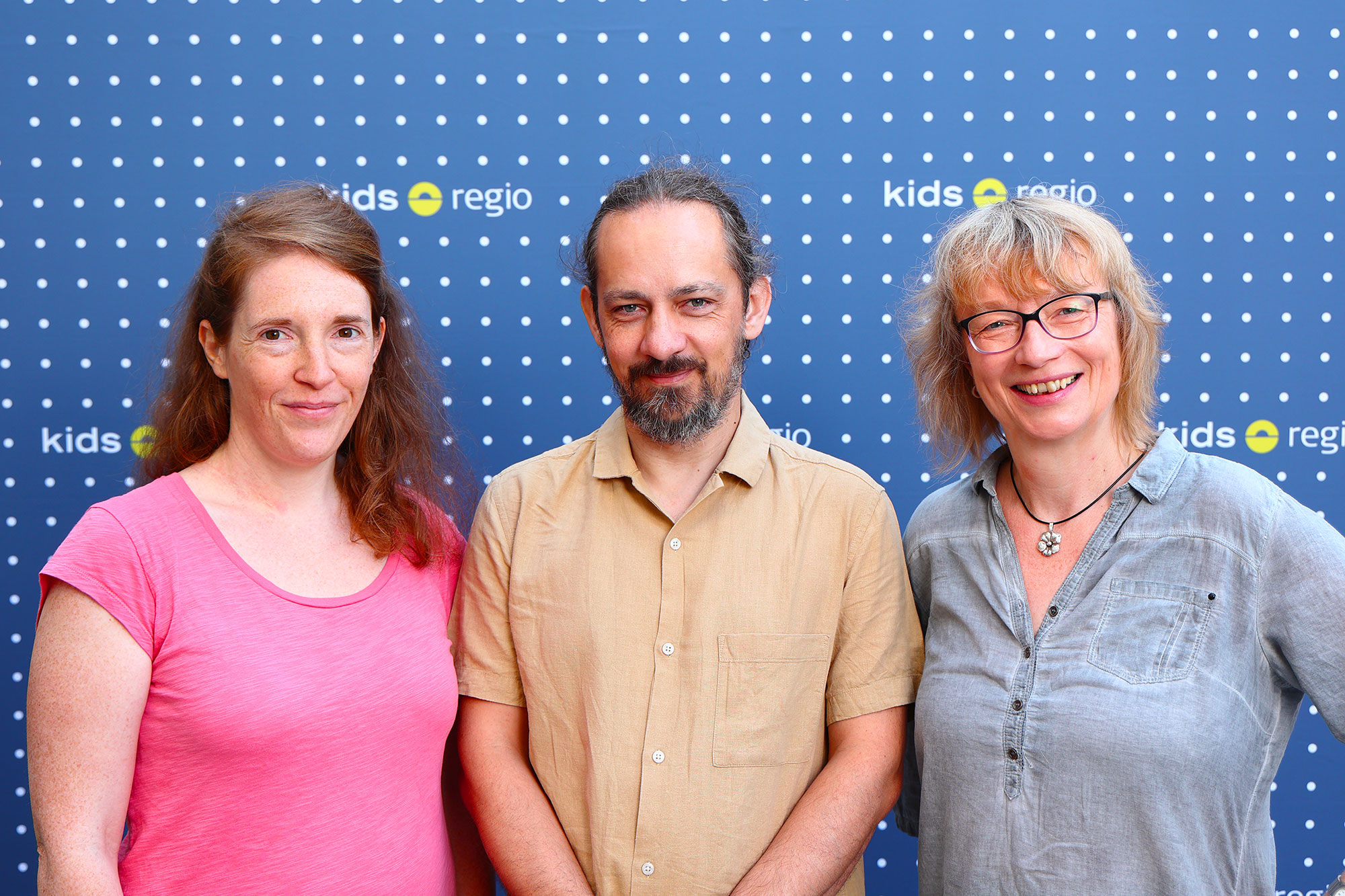
One efficient recipe to keep Children’s Films circulating and reaching a broader audience internationally
How can we create a safe environment for film publishers and distributors to keep promoting Children’s Films and distribute them on as many channels as possible?
Educational rights are key for the independent distribution and promotion of Children’s Films. It is not about taking profit from the schools and their pupils, but rather an economic necessity to ensure the circulation and access to these films. This session will be an opportunity to discuss how these rights can help to bring these films to a larger audience and create curiosity among the youth for independent content from a very young age – while also respecting the investment done and the risk taken by the various players within the film value chain.
Lobbying for Children’s Film – The power of collective work
How can collaboration enhance awareness in the industry, networking and financial backing?
Two national and one European association report on how they are working to have a positive impact on the film industry when it comes to young audiences. How can the positive results of national efforts be used as a model for other countries? How can international cooperation provide a ground for common solutions to common challenges?
Feature Films for the 6-8 year olds
Why is it crucial to develop live-action films specifically tailored for children aged 6 to 8, and what steps should the industry take to address this need?
The working group „Spielfilme 6-8,“ part of the Förderverein Deutscher Kinderfilm e.V., focuses on addressing the scarcity of live-action films targeted at children aged 6 to 8. To understand the current landscape and formulate actionable solutions, the working group engaged in comprehensive discussions with various stakeholders within the film industry, including broadcasters, producers, cinema operators, media educators, and the children themselves. These discussions revealed a keen interest and perceived need for such films but also highlighted substantial challenges in production, such as financing and a market dominated by animation and established franchises.
Learnings from the quest to implement the UN Convention on the Rights of the Child
Is it possible to implement UNCRC into an institution? How far can you take it and what do you need to begin the work?
Starting in 2021, the team began investigating how the Convention on the Rights of the Child affects all parts of Film i Skåne and how they can use it in the development of various collaborations with external actors, especially with regard to young people’s opportunities to influence content and initiatives and how to strengthen the structures in the long term for young people’s encounter with the film industry at local and regional level. Film i Skåne currently has two certified children’s rights strategists. But how did they get here and what can everyone do to be even better?
Lobbying for UngRIFF (e. YouthRIFF): Navigating Children’s Film Policy in Iceland
How can we adapt existing policies to better support cultural projects like children’s film festivals?
Exploring the journey of lobbying for UngRIFF, Iceland’s children’s film festival founded in 2023. Discussing how to adapt current policies and strategies for funding cultural projects and addressing the somewhat ethical questions that may arise. Providing insights and strategies for effective policymaking in the cultural sector.
Barriers to entry versus Barriers to success
How can we identify and remove systemic barriers to success, to ensure greater representation in the European film industry?
This input session will feature research on the unintended consequences of current structures in creating systemic discrimination faced by underrepresented groups in the European film industry. It will examine how the norms become barriers that limit, for example, their eligibility for awards and participation in film festivals. The session will also look at how similar systemic issues affect children’s films, which are often poorly recognised.
European Children’s Film: What counts?
What quantitative data about children’s film is accessible and how can we use it to lobby for children’s film?
KIDS Regio has led an important exchange of information between ECFA and the European Audiovisual Observatory. Headline insights from this exchange will be shared in this session, including data on production numbers in different European countries, film releases and audiences. Participants are invited to discuss what further research, data and analysis is needed to lobby for the future of children’s film.
Life as a Film Lobbyist in Brussels
Where Are the Currents Shifting?
The political landscape in Brussels has evolved significantly in recent years, culminating in the recent European elections. The influence of US entertainment and major tech companies has notably affected European film industry advocates. What implications does this hold for the upcoming European Commission and the future of cultural policies in Europe?









